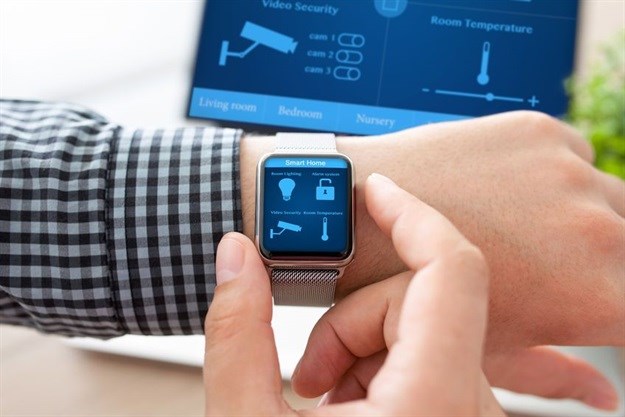






Lights only operate when someone is there; air conditioners are central yet create climate zones for differing comfort levels; banks of computers or other machines can be ‘put to sleep’ after a period of non-activity; lifts only switch on lights when called; underground carparks remain dark until movement occurs and so the list goes on.
The fourth industrial revolution (Industry 4.0) is pushing energy efficiency, as more and more items become digitised. The internet of things (IoT) includes the refrigerator in your home, the aircon in your office and the entire production process in your factory. The more efficiently these run, the less energy is expended.
However, these building management systems (BMS) are not just for the office building; there are smaller versions available locally that can be wired into one’s home distribution board. These can be used to shut down what the industry refers to as ‘vampire loads’, all the plugs with indicator lights that are not in use but on standby, any appliance using clocks or readouts when not in use; these can be put into ‘sleep’ mode.
You can go one further; there are many apps that when coupled to the right technologies can switch on and off lights, heaters/air cons or get the microwave going from your smart phone.
For businesses, digitising and energy efficiency can be translated into tax incentives through the tax rebate programme administered by SANEDI on behalf of government. The incentive has been in place since 2013. We’ve had small companies and a number of the top energy intensive users apply, all with excellent results. Interventions include flare stacks and waste heat converted back into production; airlines optimising routes and avgas usage; hospitals cutting down on lighting and air-conditioning usage. Solar powered electric vehicle charging outlets, double-glazing, conversion to LED lights – all add up to energy efficiency over the year.